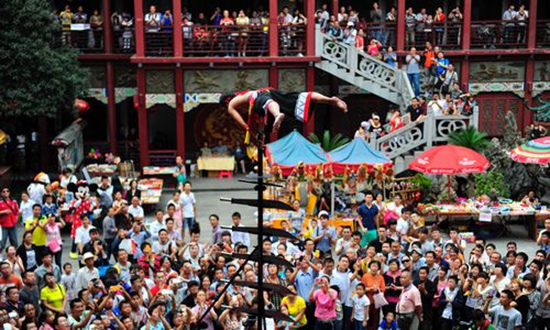-
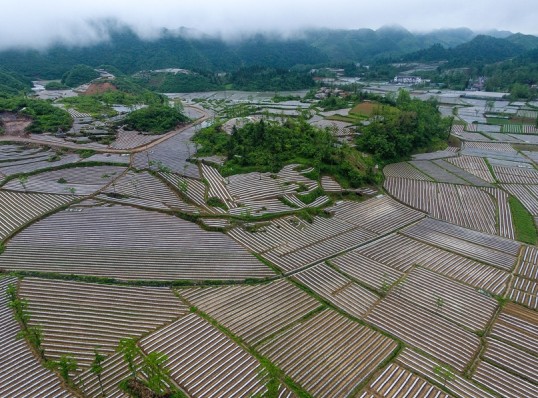
Introduction of “Summer Begins”:“Summer Begins” comes on May 5 or May 6 every year. When the sun reaches the celestial longitude of 45 degrees, it’s the beginning of the summer season. Usually people consider this period as the time when crops’ growth enters into the peak season.
2017-05-06 08:46
View:4771
-
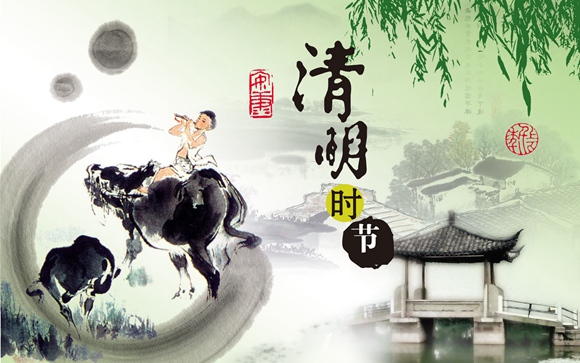
Qingming Festival is one of the 24 seasonal division points in China, falling on April 4-6 each year. After the festival, the temperature will rise up and rainfall increases. It is the high time for spring plowing and sowing. But the Qingming Festival is not only a seasonal point to guide farm work, it is more a festival of commemoration.
2017-04-05 21:35
View:4172
-
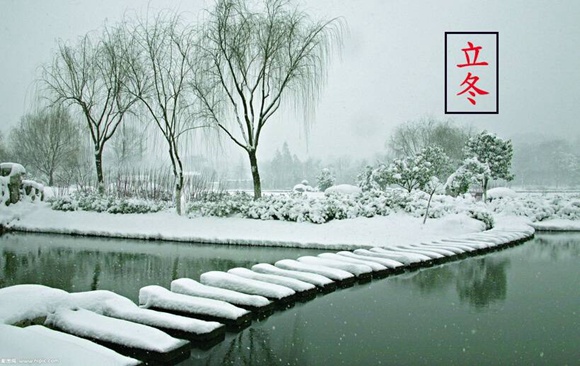
The Beginning of Winter is the time when winter officially arrives. When vegetation withered away, the weather becomes colder. Everything in the natural world falls into this cycle. In ancient agricultural society, the beginning of winter, spring, summer and autumn are called the “Four Beginnings.” They are all important days. For our ancestors, the beginning of winter is not just the start of a cold season but also a time to rest, a time when living things witness a period of dormancy and self-renewal.
2016-11-11 11:01
View:4546
-
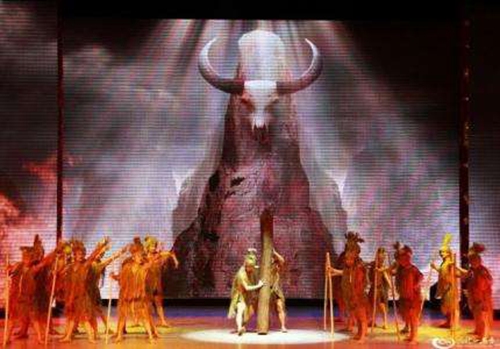
As the saying goes: “Different wind in ten-li, different custom in hundred-li.” “Asking taboo, asking custom into countryside.” Every nation and even every family and every profession, has its own different taboo content, it can not only reflect a full of Platonic superstitious cultural mentality, but also infiltrate the times scientific connotation, and reflect the developing trend of the nations constantly marching towards progress and amalgamation.
2017-01-19 16:22
View:4183
-
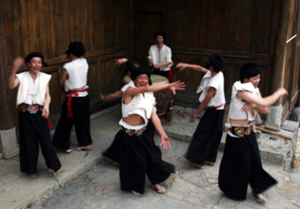
Jumping funeral dance is also called as “Jumping funeral drum” and called "Saerhe" in Tujia language, it is an ancient funeral ritual dance of Tujia Minority people of Ba people’s descendants, with strong local color. It is mainly popular in Tujia Minority area of Qingjiang River basin, and corresponding to the popular region of Shaking Hand Dance, so called “Shaking Hand at south Jumping funeral dance at north”.
2017-04-10 16:21
View:4792
-
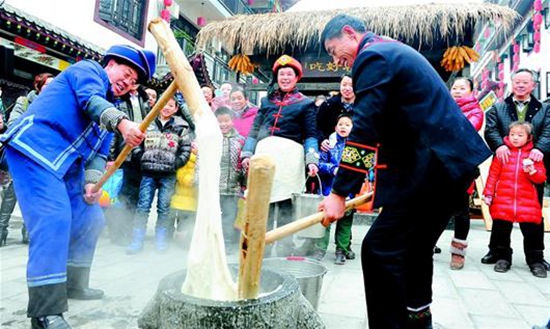
Tujia people spend the New Year of three times, namely spend “Having Caught Up With Year” on 29 (or 28) Lunar December, spend “June Year” on 25 Lunar June, spend “October Year” on 1 Lunar October. When spending “Having Caught Up With Year”, kindle the bonfire at village barnyard, Tujia people dance the Shaking Hand Dance and sing the New Year song around the bonfire.
2016-12-30 16:20
View:4313
-
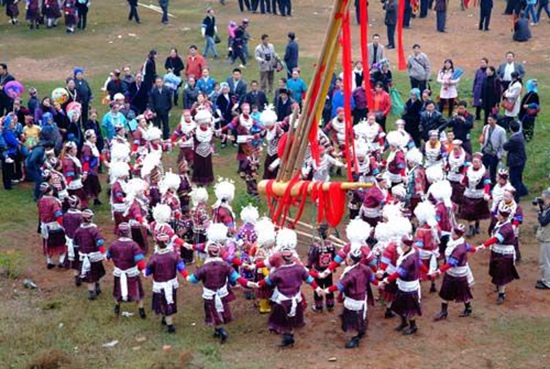
Autumn Harvest Festival is a large folk festival activity of Miao Minority for entertainment, trade, youth exchange to celebrate the future harvest before autumn harvest or autumn beginning.
2016-11-23 16:18
View:4081
-
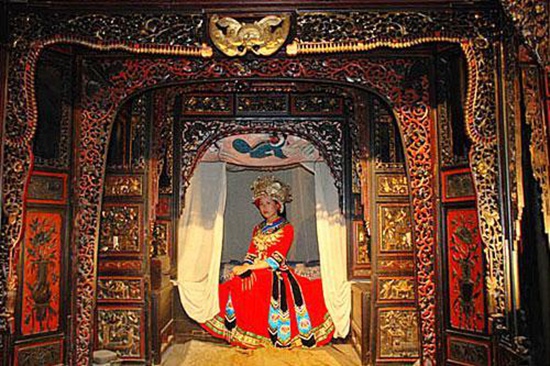
The Tujia bridegroom shall make a “Drip Bed” before marriage.The drip bed does not drop, just like the drip from the eaves. Usually it is divided into a pass drip and two pass drip. Two-drip bed is also called as the “One step” bed, engraved with dragon and phoenix, it is very exquisite and it is a special skill in Tujia.
2017-01-18 16:17
View:4530
-
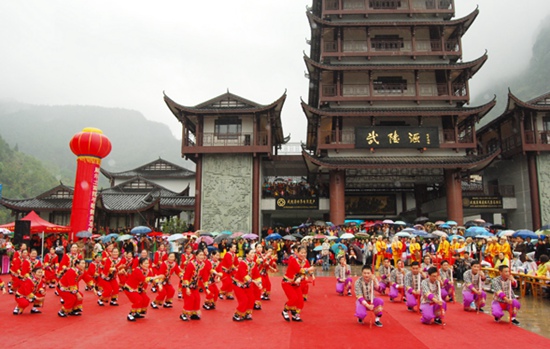
Tujia Shaking Hand Dance is a large-scale dance with most influence in Tujia Minority, and with a strong religious color. The song is produced along with dance and the dance is named along with the song.
2017-02-22 16:16
View:4297
-
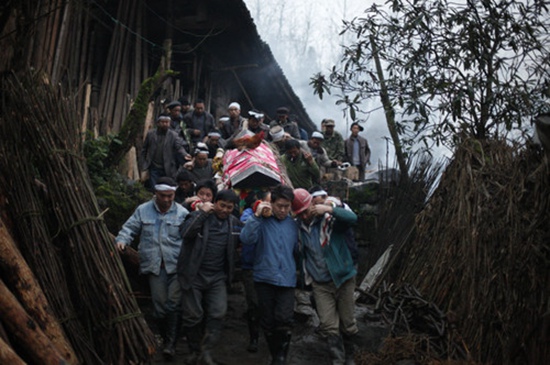
Tujia people sacrifice the land God for praying the land God as a dominator to bless the good harvests and the domestic animals are all thriving, and also bless a village peace. Tujia people are very pious for land God, where there is one or more temples housing the god of earth in every village of Tujia area, the temple is everywhere. The temple was built carefully with marble and also with four coarse boards or built nearby the cave rock house.
2017-02-01 16:15
View:3874
